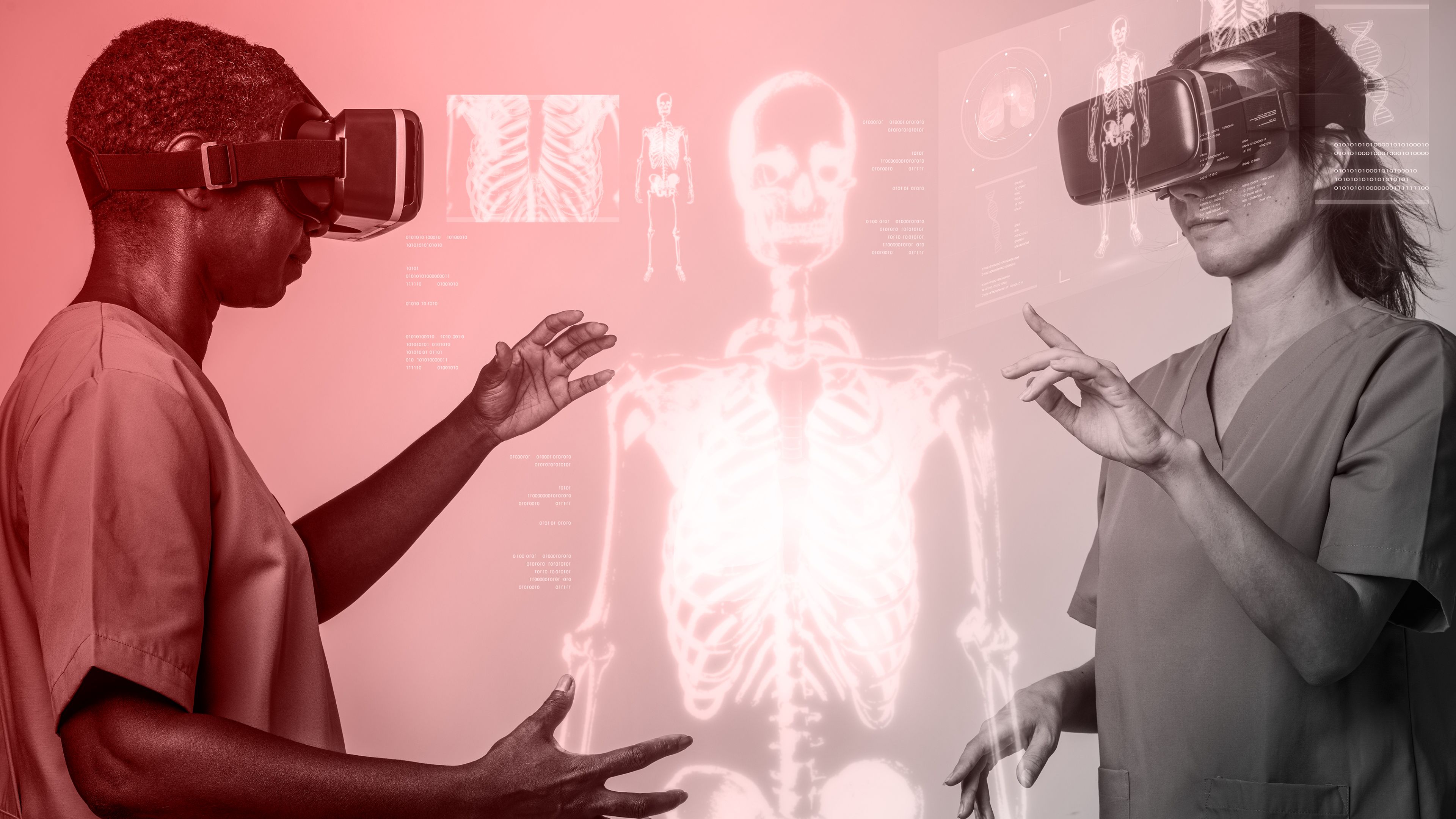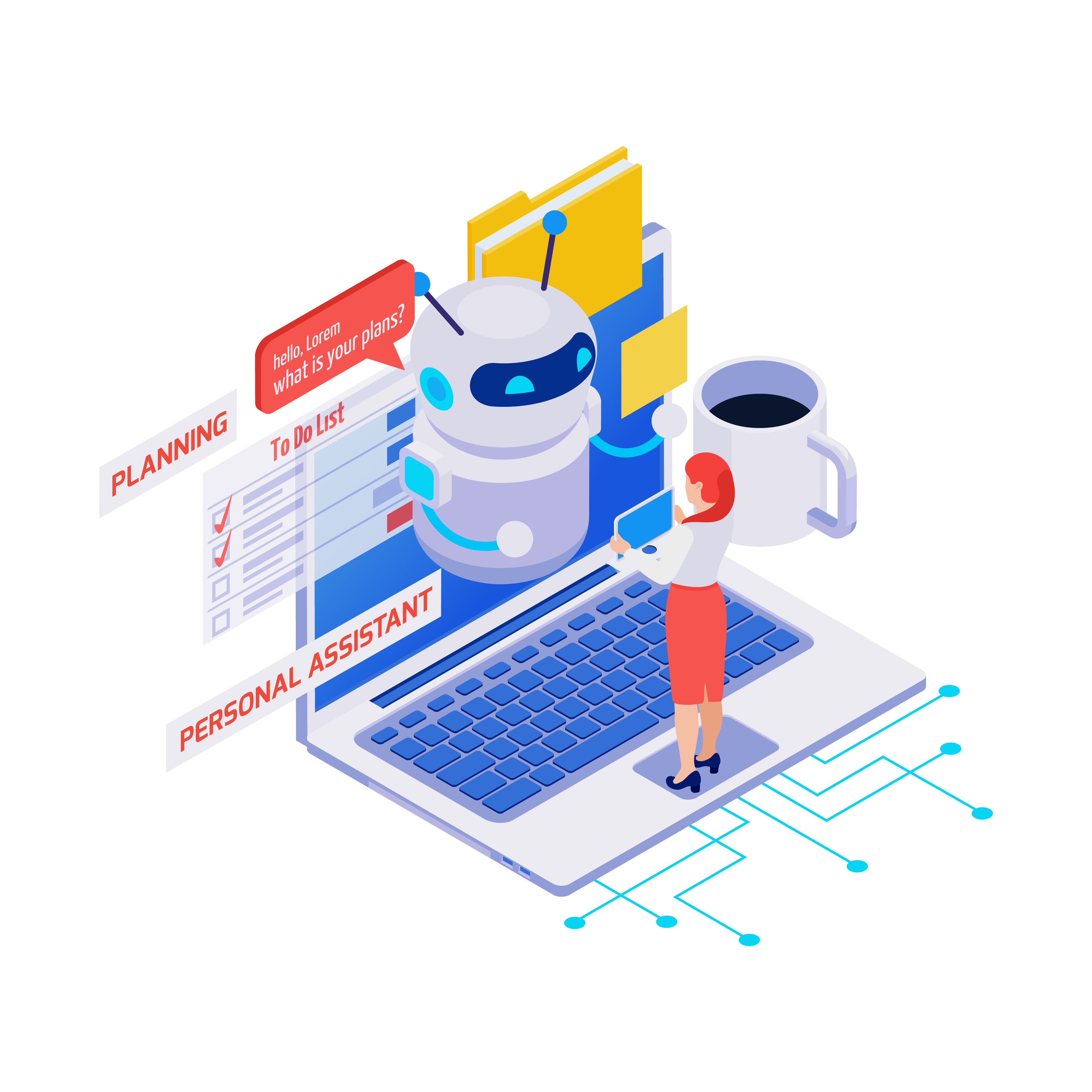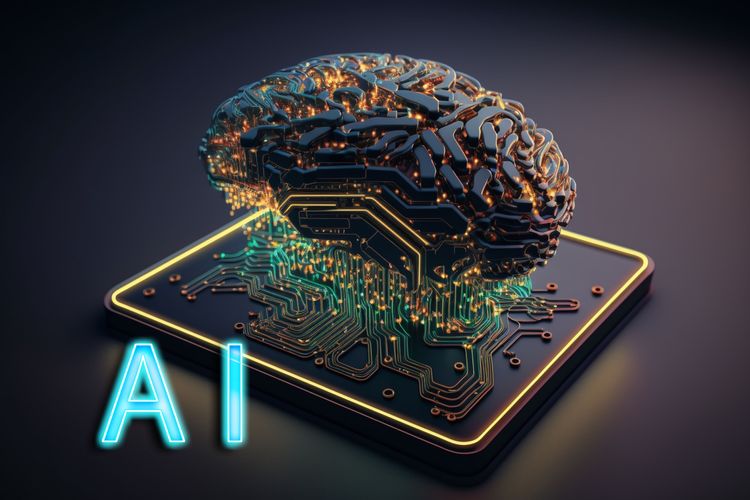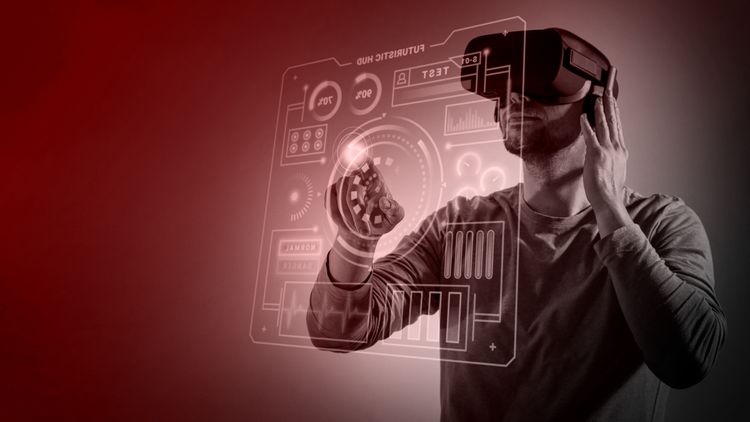Artificial intelligence (AI) is transforming industries by enabling machines to perform tasks requiring human intelligence, such as speech recognition and decision-making. Leveraging machine learning and deep learning, AI analyses large datasets to detect patterns and make predictions.
AI impacts healthcare, finance, transportation, and marketing by enhancing human capabilities and optimising operations. The goal of artificial general intelligence (AGI) is to create AI systems capable of any intellectual task a human can perform.
In this article, we'll explore five ways AI is revolutionising industries and how future advancements will reshape our lives and work.
5 Ways AI Technology is Revolutionising Industries

1. AI in Healthcare and Medical Research
Artificial Intelligence is transforming healthcare by enhancing diagnosis accuracy, predicting patient outcomes, and accelerating treatment development. Machine learning analyses vast medical datasets to aid doctors in making data-driven decisions.
Deep learning speeds up drug discovery by processing complex data sets, designing, and evaluating new treatments faster than traditional methods. AI tools in computer vision and speech recognition improve diagnostic accuracy and patient interaction, while neural networks and natural language processing (NLP) enhance disease prediction and understanding patient queries.
Narrow AI automates routine tasks, increasing healthcare efficiency and reducing the burden on professionals. AI's data interpretation capabilities are instrumental in developing personalised care plans and advanced patient transport solutions.
The future of AI in healthcare is promising, with advancements continually offering new tools and technologies that revolutionise medical research and patient care.

2. AI in Manufacturing and Automation
Artificial Intelligence is revolutionising manufacturing by improving efficiency, reducing costs, and boosting productivity. Machine learning algorithms interpret data from sensors and machines to predict equipment failures, enabling preventative maintenance and reducing downtime.
AI-powered robots automate repetitive tasks with greater speed and accuracy than humans, freeing workers for more complex tasks and increasing overall productivity. Computer vision systems perform precise image recognition tasks, such as quality control checks, ensuring consistency.
Deep learning algorithms handle complex data, enabling AI to perform tasks requiring human-like comprehension and decision-making. Natural Language Processing (NLP) enhances human-machine interaction, making AI more accessible and effective.
Narrow AI automates specialised tasks, improving efficiency and reducing errors. Generative AI is opening new possibilities, such as designing new materials and optimising manufacturing processes.
AI-driven self-driving vehicles streamline logistics and distribution, enhancing warehouse efficiency. The continual advancement of AI is transforming the manufacturing sector, shaping its future with unprecedented innovations in automation and efficiency.

3. AI in Customer Service and Support
Artificial Intelligence, particularly machine learning, is transforming customer service by enhancing interactions and reducing human workload. AI technologies like deep learning and neural networks are revolutionising the industry, improving customer satisfaction and operational efficiency.
AI-powered chatbots and virtual assistants provide 24/7 support, answering frequently asked questions and resolving simple issues. This level of convenience and responsiveness was previously unattainable.
Conversational AI, with advanced speech recognition capabilities, understands and responds to vocal inquiries, offering a personalised and human-like interaction. Continuous AI training refines these models, improving accuracy and support quality over time.
AI analyses customer data to identify patterns and preferences, allowing companies to tailor products and services to better meet customer needs. This use of complex algorithms enhances the customer experience by providing insights and making predictions.
Beyond direct interactions, AI influences areas like logistics. AI-controlled self-driving cars could revolutionise e-commerce by delivering products autonomously.
The market for AI in customer service is growing, with companies adopting AI chatbots, services, and sophisticated technologies. Generative AI tools create realistic simulations to enhance customer service.
Despite skepticism during the "AI winter," ongoing research continues to push the boundaries of AI's capabilities in social intelligence and decision-making, promising a transformative future for customer service.

4. AI in Financial Services and Fraud Detection
AI technologies, including machine learning, deep learning, and neural networks, are transforming how financial institutions handle security and protect customers.
AI automates fraud detection systems, streamlining processes that were previously laborious and error-prone. Machine learning enables AI to analyse vast amounts of data in real-time, identifying patterns and anomalies indicative of fraud. This leads to quicker, more accurate detection.
AI systems learn from each identified fraudulent pattern, continually improving their ability to predict and prevent future fraud. This ongoing AI training enhances the system's decision-making capabilities, making it more effective over time.
Real-time monitoring with AI allows financial institutions to monitor transactions as they occur, flagging suspicious activity and alerting fraud prevention teams instantly. This immediate response helps protect customers from financial losses and maintains the integrity of the financial system.
Beyond fraud detection, AI chatbots and conversational AI are used in customer service to assist with inquiries and provide real-time support, enhancing the customer experience.
Many financial companies have already integrated AI, reaping significant benefits. As AI research progresses, new techniques and breakthroughs continue to push the boundaries of AI technology, suggesting its growing role in the financial sector.
Despite the current 'AI winter' skepticism, AI is evolving. As technology advances, AI will become an even more integral part of financial services, driving further innovation and efficiency.

5. AI in Transportation and Logistics
AI technologies like self-driving cars and drones are now a reality, reducing the need for human drivers. These AI-powered machines, trained on vast datasets, increase delivery speed and accuracy. AI also optimises delivery routes by analysing traffic patterns and weather conditions, reducing travel time and fuel consumption.
Predictive maintenance is another area where AI excels. AI algorithms use data from vehicle sensors to anticipate breakdowns, reducing downtime and maintenance costs. This showcases how machine learning and deep learning work together to process data and identify potential issues before they occur.
AI also improves logistics management through advanced techniques like conversational AI and AI chatbots. These technologies handle customer inquiries efficiently, enhancing customer satisfaction and demonstrating the versatility of AI in the sector.
AI's role in transportation and logistics is continually expanding, driving new innovations and efficiencies across the industry. As AI technology progresses, its impact on transportation and logistics will only grow, making it an indispensable tool for the future.
Conclusion
With rapid advancements, AI is increasingly integrated into transportation and logistics. Ongoing AI research and refinement ensure continuous progress despite the 'AI winter'. Future developments, like artificial general intelligence (AGI), could further revolutionise the industry, bringing us closer to human-level intelligence and transformative impacts.







